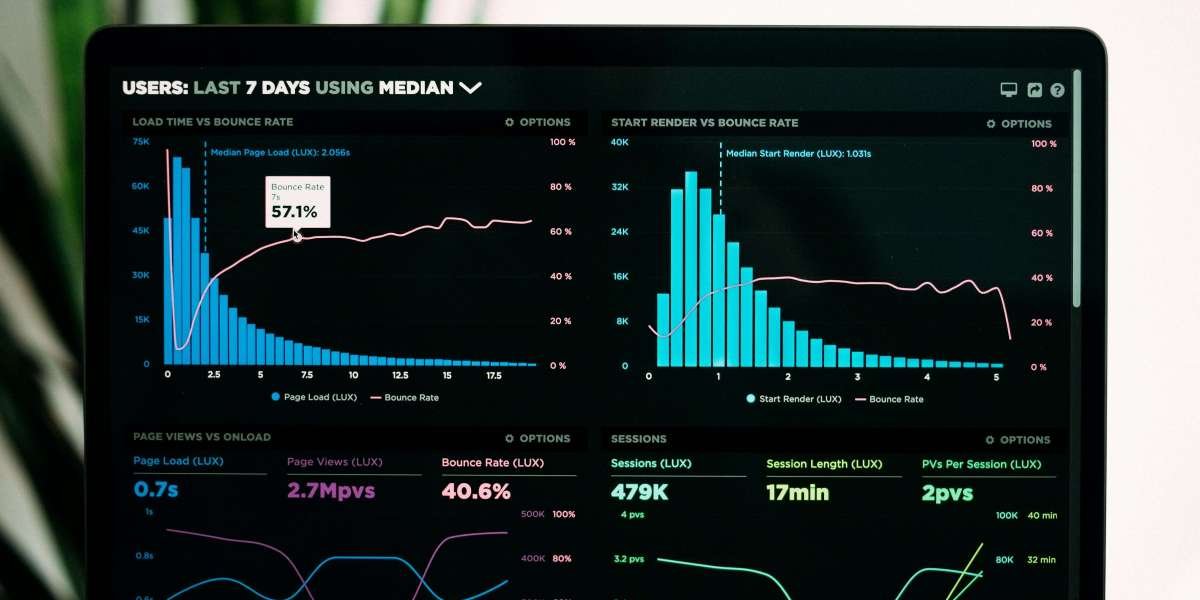While on-page SEO focuses on optimizing elements within your website, off page seo is all about building your website’s credibility, authority, and trust across the internet. It’s the process of improving your site’s reputation through external signals that influence how search engines perceive your brand.
This article explores the key elements of off-page SEO, how it impacts search engine rankings, and actionable strategies to strengthen your digital presence from the outside in.
What Is Off-Page SEO?
Off-page SEO refers to all the activities performed outside of your own website to increase its search engine visibility. These actions often involve earning backlinks from other websites, increasing brand mentions, engaging on social platforms, and building trust signals that tell Google your site is reputable and relevant.
Why Off-Page SEO Is Important
Improves domain authority, making it easier to rank for competitive keywords.
Drives referral traffic from reputable sources.
Builds trust and credibility with both users and search engines.
Signals popularity, which plays a role in Google’s ranking algorithms.
Key Off-Page SEO Factors
1. Backlinks (Inbound Links)
The backbone of off-page SEO.
Quality matters more than quantity—one link from a trusted source is worth more than dozens from low-quality sites.
Aim for do-follow links from high-authority domains in your industry.
2. Brand Mentions
Even unlinked brand mentions (called implied links) can positively impact SEO.
Encourage mentions in articles, reviews, and forums through PR and content outreach.
3. Social Signals
While social shares aren't direct ranking factors, they increase visibility and content reach.
Engagements on platforms like Twitter, LinkedIn, and Facebook can lead to more backlinks and traffic.
4. Local Citations
For local SEO, having consistent NAP (Name, Address, Phone Number) across business directories is crucial.
Submit your business to platforms like Google Business Profile, Yelp, and Bing Places.
5. Content Marketing and Guest Posting
Writing high-quality guest posts for industry websites helps build backlinks and authority.
Publishing shareable content (infographics, guides, videos) increases your chances of being referenced by others.
6. Influencer Outreach
Collaborate with influencers and industry leaders to earn exposure and potential backlinks.
Leverage existing communities to amplify your content and gain trust.
7. Forums and Community Engagement
Participate in niche forums and answer questions on platforms like Quora and Reddit.
Ensure you add value rather than just dropping links.
8. Press Releases and Online PR
Distribute press releases to announce new products, milestones, or partnerships.
Getting featured in digital news outlets or blogs boosts off page seo services credibility and links.
How to Measure Off-Page SEO Success
Domain Authority (DA) or Domain Rating (DR) from tools like Moz or Ahrefs.
Number and quality of backlinks acquired over time.
Referral traffic analytics from Google Analytics.
Social engagement and shares.
Search engine rankings for targeted keywords.
Tools to Enhance Off-Page SEO
Ahrefs / SEMrush / Moz – For backlink tracking and competitive analysis.
BuzzSumo – To identify shareable content and influential publishers.
Google Alerts – For tracking brand mentions across the web.
Hunter.io – To find contact information for outreach.
Final Thoughts
Off-page SEO is about building your website’s reputation across the digital ecosystem. While you can’t control everything off your site, you can influence how others perceive and reference your brand. By focusing on quality link-building, social engagement, and digital relationships, you enhance your site’s authority and open the door to higher rankings and more traffic.
Visit Us: https://www.a1jinternational.



